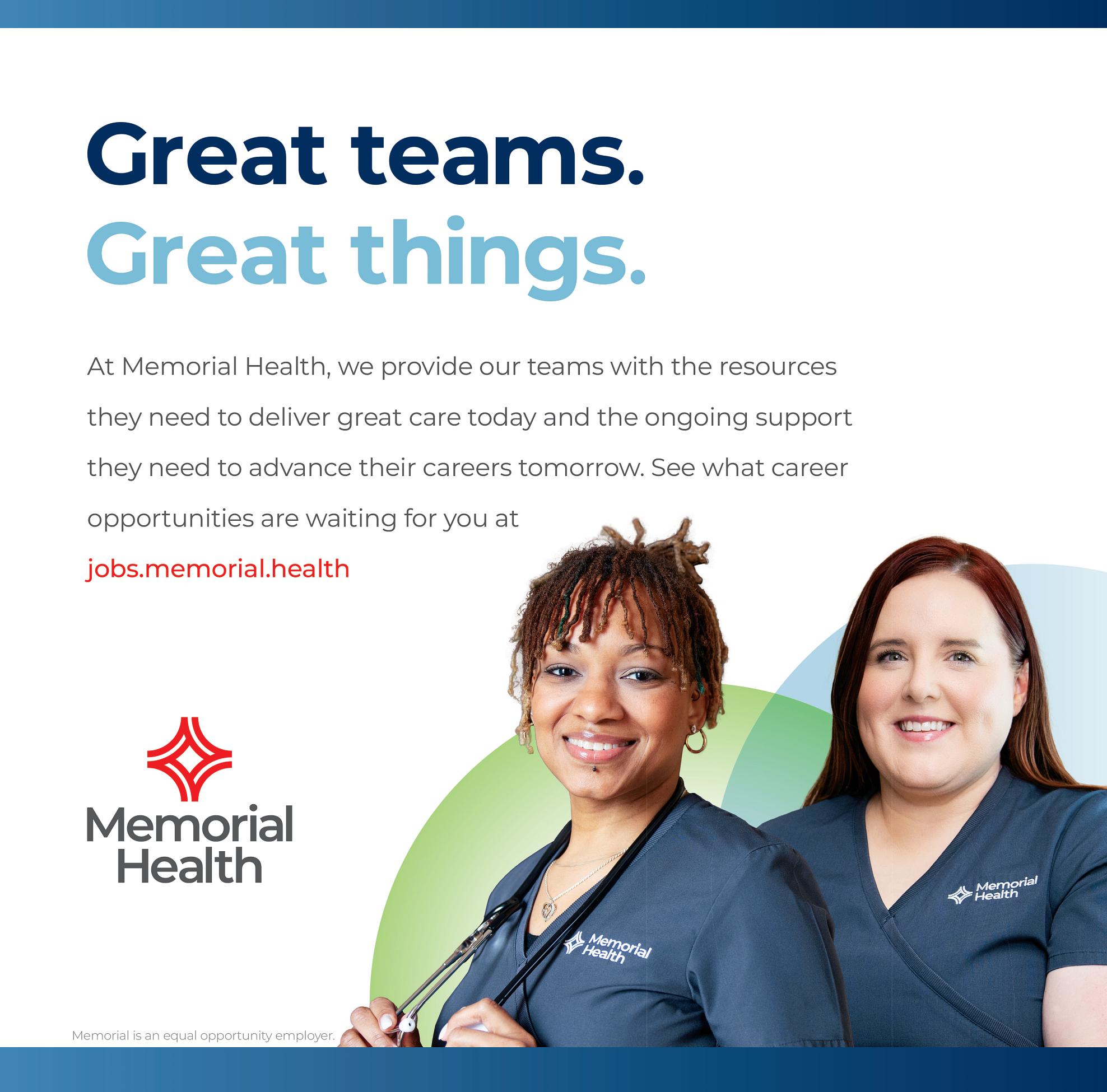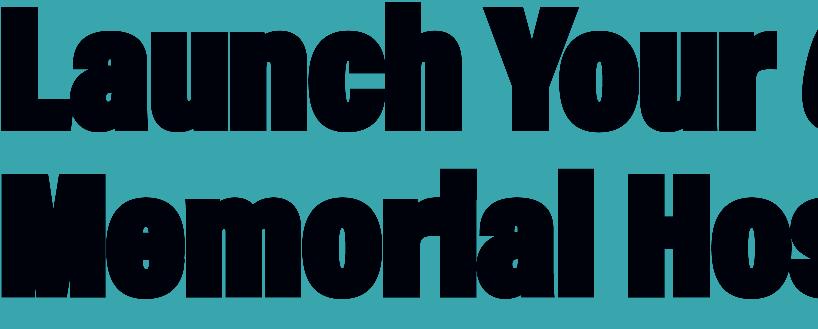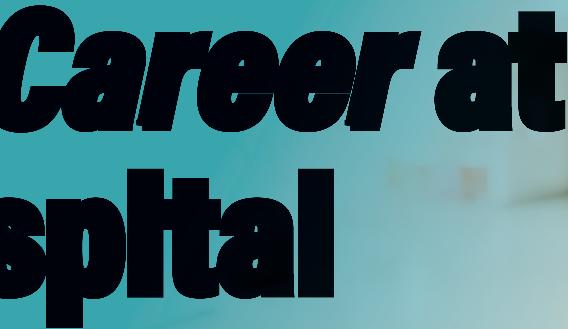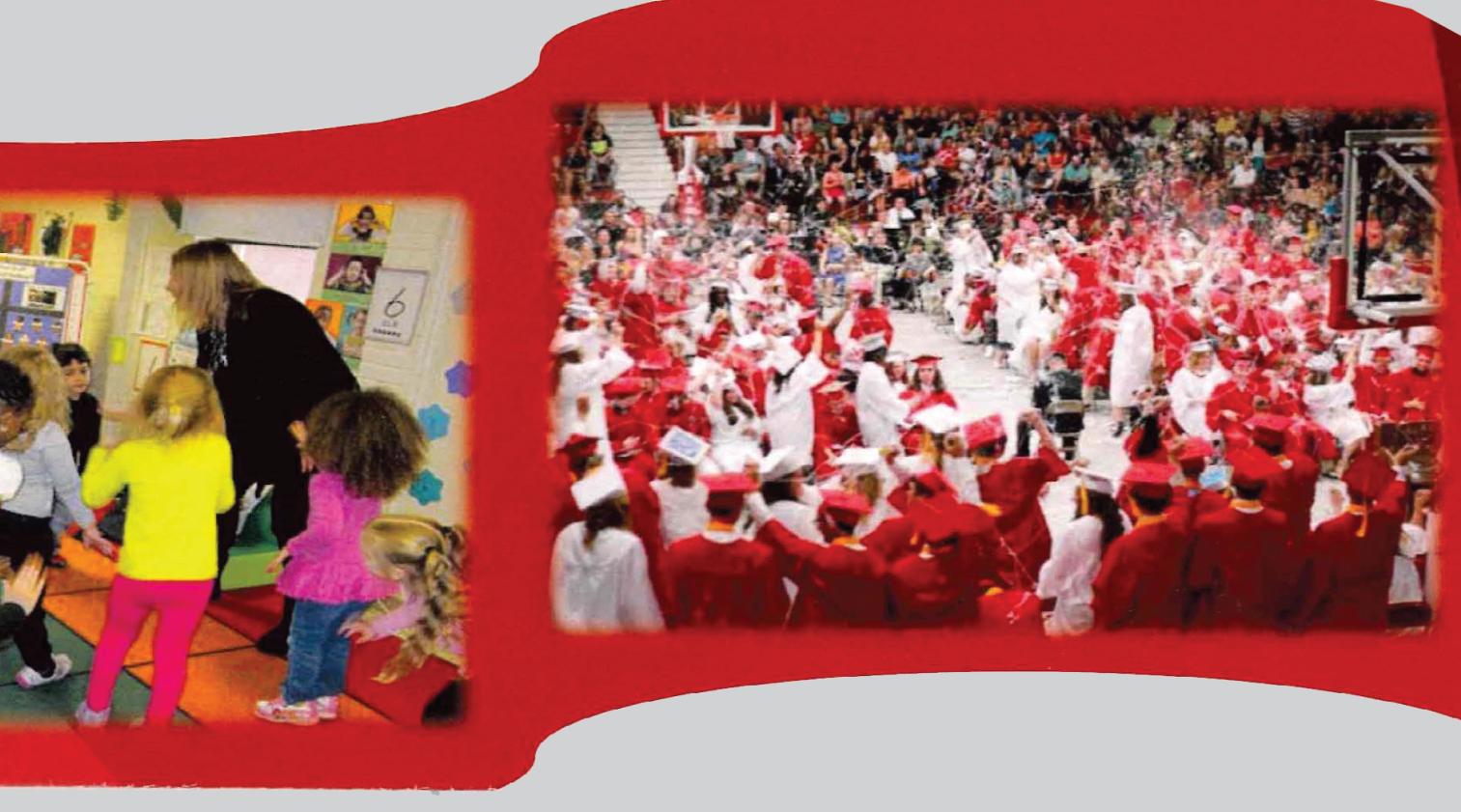RECRUITMENT GUIDE August 2025













Professionals might be returning to work in offices after years of pandemic-related remote work, but that doesn’t mean home buyers aren’t still prioritizing home office space when shopping for a new place to call their own.
According to a recent survey of home buyers conducted by the National Association of Home Builders, 66 percent would prefer to buy a home with exactly one home office space and 13 percent want at least two offices. Just one in five buyers indicated they do not want any home office space.
The majority of buyers who want home office space prefer a medium-sized space, which the NAHB defined as between 100 and 150 square feet. Just 22 percent of buyers prefer a home office space larger than 150 square feet, while only 19 percent want a small space (less than 100 square feet).
The NAHB survey indicates the enduring popularity of home office spaces, recognition of which can be particularly useful for current homeowners preparing to put their homes on the market as well as those looking to add office space.


Professionals know that standing out in a crowded field of applicants has long been a challenge when seeking a new job. But that challenge grew significantly more difficult in the internet era, when it became vastly easier and quicker to apply for a new opportunity but simultaneously more difficult to stand out from the many other applicants who could apply in a few minutes or less.
The modern job market certainly requires a different approach to finding a job than in years past. However, some useful points can help talented professionals find their next job.
• Hone your networking skills. Networking is a vital skill for modern professionals, including those looking for a new job. Though internet reports suggest as much as 85 percent of job openings are now filled through networking, that data has been debunked and characterized as a myth. Still, networking can help professionals learn about openings before they’re listed (if they’re even listed at all) and also provide insight into a company’s culture.
• Create a visible online profile. LinkedIn was long considered the go-to platform for professionals to establish an online profile, and that’s largely still the case. Though some LinkedIn users complain that jobs advertised on the site are not removed even weeks after they’ve been filled and others feel the site has become a more traditional social networking site and less a professional networking platform in recent years, it’s still a go-to platform
among human resources professionals and recruiters. In fact, a recent report from Jobvite found that 87 percent of recruiters utilize LinkedIn to identify candidates. So while some may view LinkedIn as less useful than it used to be, HR professionals continue to value it.
• Create an informative online profile. It’s important to have an online profile in the modern professional world and equally vital to make that profile as informative as possible. Avoid lengthy sentences that HR professionals and others are unlikely to read in favor of bullet points of relevant experiences and skills. It’s possible to be both concise and informative, and professionals should aspire to be both when crafting their online profile.
• Keep looking. Though it’s hard to confirm various online claims regarding how many applications the average job seeker submits before landing a new job, various sources indicate a person can expect to apply for as many as 200 jobs before successfully finding new work. That’s a lot of leg work and frustration, but it’s vital that professionals avoid waving the white flag. A new opportunity will eventually arise, particularly for those who fully commit to finding a new job.
The modern job market can be difficult to navigate. But diligent and dedicated professionals who commit to the process can land a fulfilling job.






Remote work was the standard during the global pandemic, and that greatly reduced the time employees spent traveling to their places of employment. But now that many workers have been called back to business offices, professionals are once again facing the prospect of much longer commutes.
According to the United States Census Bureau, the average one-way commute is 25.4 minutes. The National Association of Home Builders reports a time of 26.8 minutes. Statistics Canada reports the average commute time for Canadian workers is 26.4 minutes. However, ask many employees and they’ll suggest that their commute times feel longer, particularly when increased traffic on the nation’s roadways continues to be a concern.
Commuting is seldom something to relish, but there are ways to make daily trips to the office more manageable.
• Try public transportation. Leaving the driving to someone else can make commuting a bit less taxing. If buses, trains or trollies are available where you live, consider taking them to work rather than driving alone in your car. This will free you up for other activities during the trip, such as reading or organizing tasks for the week.
• Listen to audiobooks. Many people lament they don’t have as much time to read as they want. Audiobooks provide a great way to enjoy a best-seller while on the way to work and solve the problem of having too little time to read.
• Use a commute to relax. While it may seem counterintuitive, commutes can be
transformed into relaxing moments when you practice mindfulness or meditation. Try deep breathing exercises to calm your mind.
• Vary your route. Take a different way to work a few times each week instead of the same roads over and over. A new route varies the view along the way and you’ll learn alternatives if there is a traffic jam or detour.
• Embrace outdoor time. If possible, incorporate some outdoor time into your commute. For example, biking or walking a portion of the commute can make it more enjoyable. Getting fresh air and exercise can tame stress and improve mood.
• Maximize physical comfort. Making a vehicle as comfortable as possible can improve a commute. When selecting a vehicle, opt for one with supportive seats with comfort features like lumbar support and heated seats. Set up the interior so that your coffee or tea is within reach, and stock sunglasses or other necessities in storage areas so the car does not feel cluttered.
• Compile a commuting playlist. Figure out the mood you want to set during your commute and then curate a playlist that reflects that desired vibe. Do you want mellow, relaxing songs, or do you prefer upbeat, uplifting tunes? This way you’re not beholden to the offerings on the radio or satellite services.
Commuting may not be on par with a relaxing evening out with friends, but there are ways to make trips to and from the office more tolerable and even enjoyable.





Memorial Health is committed to suppor ting the nex t generation of healthcare profe s sionals—in Jack sonville and be yond. Whether you’re just be ginning your career in healthcare or looking for new oppor tunitie s to make an impac t in your communit y, we offer a wide range of po sitions to help you succeed.
Memorial Health offers a wide variet y of career oppor tunitie s in both clinical and nonclinical role s . Whether you’re intere sted in nursing, imaging, lab sc ience s , re spirator y therapy, behavioral health, IT, f inance or administration, you’ ll f ind meaningful work that make s a di fference in the live s of patient s and our communitie s . We ’re hiring for e ver y background and experience le vel.
We inve st in the well-being of our colleague s through a wide range of phy sical, mental and f inanc ial bene f it programs . In additional to competitive pay, you’ ll also enjoy excellent
retirement bene f it s , generous paid time off, tuition as sistance , career de velopment programs and a suppor tive team environment that value s your grow th.
Memorial Health is rated one of the be st place s to work in central Illinois . We create an environment where e ver y team member is re spec ted, suppor ted and empowered to provide excellent care. This commitment has earned us Magnet® and Pathway to E xcellence® de signations , as well as many more recognitions .
Memorial Health is a leading healthcare provider in central Illinois , offering career oppor tunitie s at e ver y stage of your profe s sional journe y. With multiple fac ilitie s acro s s the re gion, we offer a chance to work in a wide variet y of care settings . There are also many way s to grow within our organization, with acce s s to continuing education and advanced training oppor tunitie s .

Work-related stress is a significant issue for millions of professionals. Recent research from the management system experts at Moodle found that 66 percent of American employees are experiencing a form of burnout in 2025. Stress also is an issue for professionals working north of the United States border, as data from Gallup indicates 49 percent of Canadian workers report feeling daily work-related stress.
Stress is sometimes considered a good thing, and medical professionals even note that acute stress can help to sharpen focus and compel some to fulfill their full professional potential. However, the Mayo Clinic reports chronic stress bas been linked to a host of serious health problems, including anxiety, depression, digestive issues, and heart disease.
The American Institute of Stress notes that
work-related stress is a major stressor for professionals. Embracing strategies to manage work-related stress can help professionals reduce their risk for the serious health conditions that can be brought on by chronic stress.
• Monitor your stressors. The American Psychological Association advises professionals to maintain a journal for a week or two in which they document situations that are triggering stress. When documenting stressors, also jot down your responses, feelings and details about the environment, including the people around you, when stress kicked in. Keeping a journal can help identify the sources of stress and determine if there are any patterns that trigger it.
• Embrace healthy responses to stress. The APA notes that exercise, yoga or any
other form of physical activity are helpful and healthy responses to stress. Too often individuals lean into unhealthy responses, such as drinking alcohol and/or eating unhealthy foods after a stressful workday. But the Cleveland Clinic notes that relying on alcohol as a coping mechanism for stress only exacerbates the feelings of depression and anxiety that stress can trigger.
• Establish boundaries between your professional and personal life.
The APA notes that the digital era has led many professionals to feel pressured to be available around-the-clock. But work-life boundaries can be vital to combatting career-related stress. Turning off notifications from your work email account at the end of the workday can help to establish a work-life boundary. In addition, resist any
temptation to check emails before going to bed, as doing so might trigger stress that makes it hard to fall asleep.
• Use your personal/vacation time. The 2024 Sorbet PTO (Paid Time Off) Report found that 62 percent of professionals did not use all of their PTO in 2023, which marked a 5 percent increase in unused PTO from the year prior. The APA notes that time off is linked to reduced stress as well as lower rates of heart disease, depression and anxiety. In addition, professionals may or may not be surprised to learn that time off has been linked to improved productivity.
Work is a significant source of stress for millions of professionals. Embracing healthy ways to combat work-related stress can benefit your personal and professional life.
The days when professionals would remain with a single firm for the duration of their careers are largely a thing of the past. And data suggests that trend is unlikely to change anytime soon. In fact, data from the U.S. Bureau of Labor Statistics indicates that the median tenure of workers between the ages of 25 and 34 is just 2.8 years.
Though it’s definitely unusual for modern professionals to remain with the same firm for many years much less the entirety of their careers, some workers do just that. In such instances, it can be an especially meaningful gesture for companies to recognize longtime employees’ anniversaries in unique ways.
• Personalize each commemoration.
A report from the O.C. Tanner Institute indicated that 70 percent of employees say recognition is most meaningful to them when it’s personalized. Firms can keep this in mind when commemorating each employee anniversary. A personalized message from the CEO is one way to offer such recognition. Additional ideas include personalized gifts, such as a monogrammed golf bag or an engraved wristwatch.
• Host an intimate dinner in a longtime employee’s honor. Dinner meetings are common in modern business, but firms can tweak this practice and host a dinner not to discuss company goings-on but to commemorate longtime employees. Discover an employee’s favorite restaurant and then invite a spouse or partner and some close colleagues and their respective significant others for a special dinner at that establishment. Arrange for a private car to take the guest of honor to and from the restaurant for an added and appreciated
touch.
• Pay for a trip to parts unknown. One notable benefit of remaining with a firm for years is the extra personal and vacation time that can be accumulated during that period. Indeed, many longtime employees bank significant personal time, which means they can take the kind of lengthy vacation that seasoned professionals need to truly get away and unwind. Firms can express their appreciation for longtime employees by paying for a vacation for them and their partner that includes flights, lodging, dining, and even a few activities to ensure workers enjoy some unique experiences as they get some well-deserved rest and relaxation.
• Give unique experiences. A 2023 survey from GetYourGuide found that 92 percent of respondents aspired to receive experiential gifts during the holiday season. A similar percentage of employees might like something similar to commemorate their anniversaries at a company. Firms can identify longtime employees’ passions outside of work and gift an experience that aligns with that interest. Theater devotees may appreciate tickets to a Broadway show, while sports fans may love front row seats to see their favorite team in person. Experiences provide another way to personalize longtime employee anniversaries and show them how much the firm appreciates their commitment and hard work.
Fewer employees may be staying with firms for lengthy periods of time in the modern business world. But those that are deserve something special to commemorate milestone anniversaries with their companies.




Businesses employ different strategies to engage their workers and clients. Business dinners can serve as a “get to know you” for new hires or provide an opportunity to entertain potential clients. Business dinners also present a memorable way for companies to celebrate milestones in the organization. According to a joint industry research study by Dinova, Inc,. and The BTN Group, business dining spending historically has represented 10 percent of overall travel and expenses buying, but business dining spending increased by 14 percent between 2023 and 2024.
Organizing a business dinner may seem like a complex undertaking. Although social in nature, business dinners are essentially an extension of the workday. Similar rules that
govern employee interactions and decorum are best upheld at a business dinner. Planning a business dinner needn’t be a tall task. These pointers can help the process along.
• Clarify the purpose of the dinner. Understanding the scope of the dinner can help planners gear the meal toward that end goal. A dinner for wooing a client may look different from one designed as a networking opportunity.
• Select the venue. Certain factors can be considered when selecting a venue. Accessibility, atmosphere and location are notable variables that merit evaluation. Attendees may not want to travel far. Plus, choosing a place that facilitates conversation is essential, as yelling over loud music
or rowdy guests can be distracting. Selecting a local venue is convenient because it does not require considerable travel from the office to the venue.
• Consider the menu carefully. Navigating food preferences and dietary restrictions requires recognition that a wide variety of offerings may be needed. Pick a restaurant that allows for flexibility for guests to choose what they like and can eat. Many restaurants now have allergy-friendly options or can offer substitutions.
• Visit the venue. The dinner planner may want to visit the venue in advance to determine if it is appropriate for the gathering. Ensure the restaurant is quiet enough and a setting that is appropriate to maintain proper business etiquette. Speak to a manager and arrange for any special details. Leave a credit card on file to facilitate payment at the end of the meal.
Business dinners can serve many purposes within an organization. Such an event should prioritize guests’ comfort, convenience and enjoyment.
• Determine the head count. Identifying the people who will be invited and confirming attendance means having an accurate head count for the venue. It can look tacky pulling up extra chairs to the table at the last minute. Similarly, a largely empty table can make the business dinner seem ill-planned.


Jacksonville School District 117 will provide an educational environment that promotes


values every student.








Elementary Special Education Teacher (3 positions)
Social Worker
Elementary ELL Teacher and ELL Teacher at Jacksonville Middle School
Special Education Teacher at Jacksonville Middle School (3 positions)
Science Teacher at Jacksonville High School
Special Education Teacher at Jacksonville High School (4 positions)
Bus Drivers
Bus Monitors
Food Service Worker
Teachers: $125 per day for first 19 days – then $150 per day
Paraprofessionals: $112.50 per day
LPN Paraprofessionals: $20 per hour
Custodians: $17.00 per hour
Secretaries: $15.00 per hour
Nurses: $25.00 per hour
Food Service: $15.00 per hour